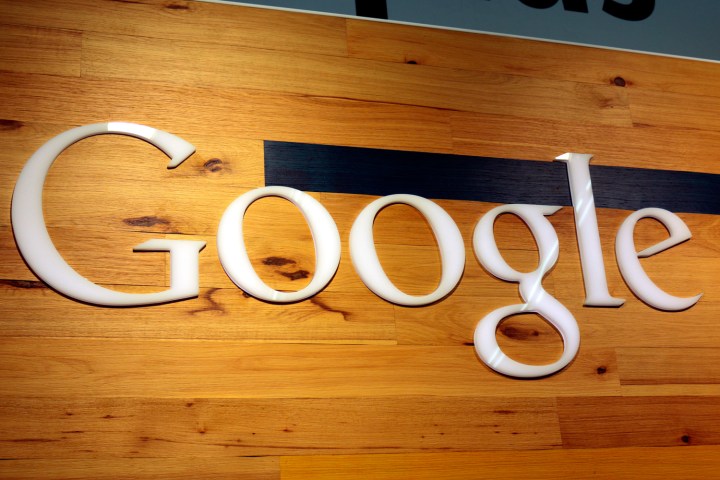
Privacy-focused browser Brave is taking on Google in a big way when it comes to how your personal data is being stored and shared. Brave, which was founded by Mozilla co-founder Brendan Eich, filed its complaint against the search giant in Britain and Ireland on Wednesday, September 12 in what is seen as a test case against the digital advertising industry’s handling of consumer browsing data.
Brave wants to trigger Article 62 in the GDPR rules to begin an EU-wide investigation on how Google and the digital advertising industry are handling people’s data. The General Data Protection Regulation, or GDPR, was passed by EU regulators in order to give people more control over their data on the internet, but Brave alleges that Google and its peers are instead sharing that data with advertisers without the knowledge of individual users, and this may be in direct violation of Article 5(1) of GDPR, which requires that personal data be “processed in a manner that ensures appropriate security of the personal data, including protection against unauthorized or unlawful processing and against accidental loss.”
“Every time a person visits a website and is shown a ‘behavioral’ ad on a website, intimate personal data that describes each visitor, and what they are watching online, is broadcast to tens or hundreds of companies,” Brave wrote in a blog post. “Advertising technology companies broadcast these data widely in order to solicit potential advertisers’ bids for the attention of the specific individual visiting the website.” The data that Google and digital advertising platforms share with advertisers include what you’re reading or watching at the moment, your location, description of the device you’re using, unique tracking IDs and cookies, your IP address, and data broker segment ID.
Google has responded to Brave’s complaint, and the company issued a statement to Tom’s Hardware stating, “We build privacy and security into all our products from the very earliest stages and are committed to complying with the EU General Data Protection Regulation. We provide users with meaningful data transparency and controls across all the services that we provide in the EU, including for personalized advertising.”
If an investigation is triggered, and if the EU finds against Google, heavy fines are at stake for the entire digital advertising industry. Serious violations can trigger fines of as much as four percent of the company’s total global turnover or 20 million euros, whichever is higher. According to Statista, Google’s advertising revenue in 2017 amounted to $95.38 billion, bringing the total revenue for the year to $109.65 billion. This means that Google stands to lose up to $4.39 billion if it is at fault for violating privacy protections. The company was more recently scrutinized for its reported secret deal with MasterCard that tracked users’ online browsing with in-store purchases.

